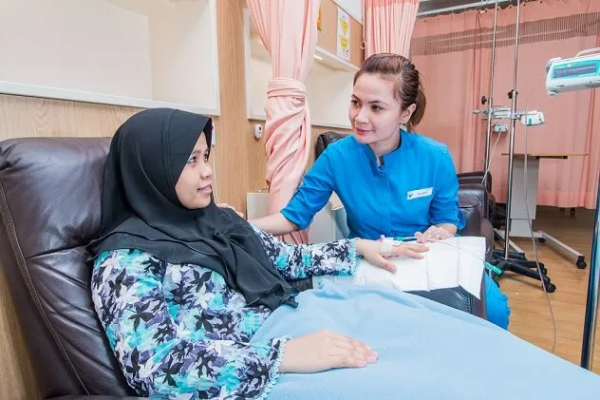Vulnerable migrants and refugees
Most migrants to the UK are young and healthy, coming for work or study. However, some groups of migrants may have higher health needs due to their experiences before, during, or after migration. Certain groups are especially vulnerable to potential health issues because of these experiences.

Groups of vulnerable migrants living in the UK include:
- asylum seekers and refugees
- unaccompanied children
- people who have been trafficked
- undocumented migrants (those who are living in the UK with no legal status)
- low paid migrant workers
Vulnerable migrants and refugees' Population Health in the East Riding
Highlights from the Inclusion Health Needs Assessment Needs Nov 2024
- There are 3 migrant related groups for which data was routinely collected at local authority level in 2024. These include individuals on the Homes for Ukraine scheme (555 people), those under the Afghan resettlement Programme (44), and asylum seekers receiving support (32).
- The main languages other than English spoken in the East Riding are Polish (1,672 people) Latvian (626), Russian (575), Romanian (529), Portuguese (355), Lithuanian (344), Bulgarian (276), Arabic (240) and Spanish (207). 2,501 people speak other languages, so services are likely to encounter people who speak a lot of different languages. This information was collected for the 2021 census and the number of Ukrainian speakers in the East Riding is likely to have increased since.
- Charity organisation Welcome House, who operate across Hull and the East Riding to support migrants, refugees, and asylum seekers, revealed that loneliness and isolation was a key problem faced by many migrant groups.
- Discussions with migrant populations in Goole ins 2024 showed that language barriers are a significant issue for residents where English is not their first language. It impacted their ability to understand and use healthcare services effectively, highlighting a need for better communication and support.
- Migrant communities in Goole faced challenges registering with local healthcare providers and experienced discriminatory practices based on accents, which affected their ability to secure appointments.
Read the full report HERE.
Support available in the East Riding
Groups who specifically support and help vulnerable migrants and refugees:
Humber All Nations Alliance (HANA)
Specialist umbrella organisation supporting the BAME Voluntary and Community Sector throughout Hull and the Humber region. https://hanaonline.co.uk/about-us/
Welcome House
Based in Hull but currently running projects in Beverley and Ferriby. For further information please contact Zahraa Al-Bayati email: Zahraa.Al-Bayati@welcomehousehull.org.uk
Hull Help for Refugees
Community organisation supporting communities in Hull and East Yorkshire with a range of services
https://hullhelpforrefugees.org.uk
Please note - the information on this site is currently being updated. If you're aware of any support or service that should be included here, please contact Michelle Barnes in Smile's Community Development team at mb@heysmilefoundation.org






